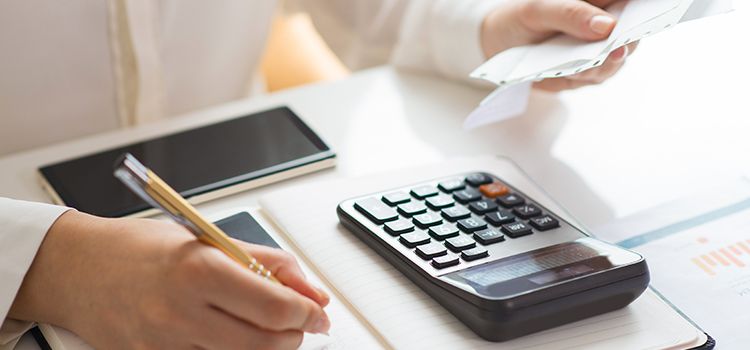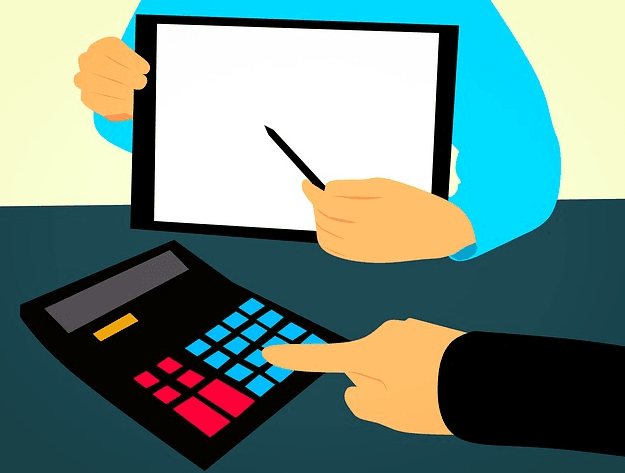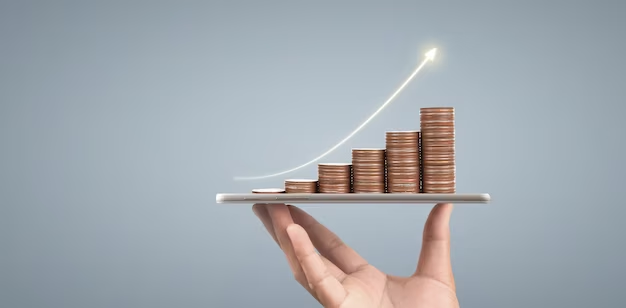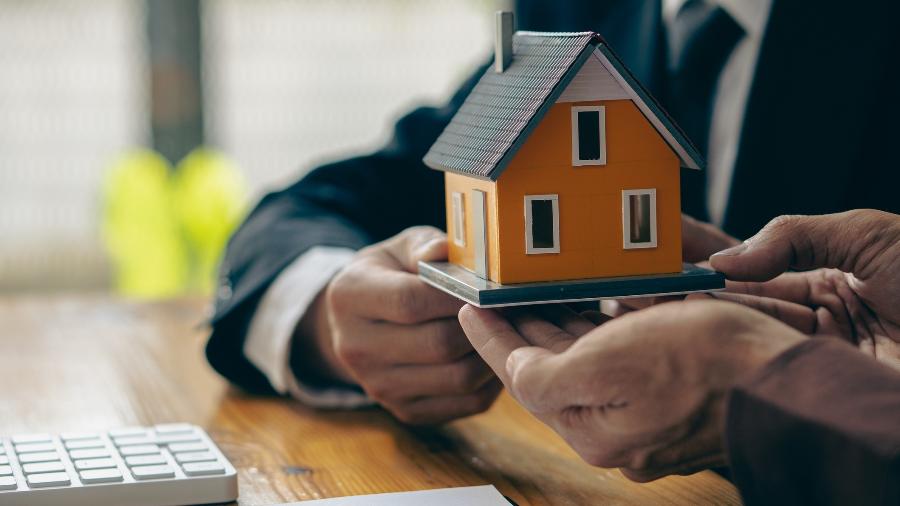
Creating a personal budget may seem like a daunting task, but it is essential to gaining control over your finances and achieving your long-term financial goals.
The first step in creating an effective personal budget is to analyze your income. It's important to be clear about how much money you receive each month and where it comes from. If you have a steady job, this will be easier to determine.
Track your expenses for a month
To create an effective personal budget, it is important to know your monthly expenses. To do this, you should keep a detailed record of all your expenses for a month. Include everything from fixed expenses such as rent or mortgage, to variable expenses such as food or entertainment.

Once you have all this information, you can classify your expenses into categories and determine which are the most important and which you can reduce. You will also be able to identify those unnecessary expenses that you can eliminate altogether.
Set short- and long-term financial goals
For your budget to be truly effective, it is important that you set short- and long-term financial goals. This will help you have a clear vision of what you want to achieve with your finances and will motivate you to keep moving forward.
When setting your financial goals, it is important that they are specific, measurable, achievable, relevant and time-bound.
Short-term goals will help you stay motivated in the short term and long-term goals will give you a clear vision of what you want to achieve in the future.
Create expense categories and organize your budget
Once you've identified your income and expenses, it's important to organize them into categories so you can have a clear picture of your spending habits. Some common categories include:
- Housing: rent, mortgage, utilities;
- Transportation: gas, vehicle maintenance, public transportation;
- Food: grocery shopping, meals out;
- Entertainment: movies, concerts, travel;
- Personal expenses: clothing, personal care.
It is important to be realistic in doing so and to allow for unforeseen expenses that may arise. You may also consider setting up an emergency fund to cover any unexpected expenses.
Organizing your budget into categories will help you make more informed financial decisions and maintain control over your personal finances.
Reduce your unnecessary expenses
Once you have identified your fixed and variable expenses, it is important to review which unnecessary expenses you can eliminate or reduce to save money. These can be impulse purchases, subscriptions to services you don't use, or going out to restaurants or bars too often.

You can also look for cheaper alternatives for your purchases, such as shopping at thrift stores or taking advantage of sales and discounts. Reducing your unnecessary expenses does not mean depriving yourself of everything you enjoy, but finding a balance between your needs and wants and your financial capacity.
Consider ways to increase your income
If you need more income to meet your financial goals, consider some of these options:
- Look for an additional job;
- Start a side business;
- Selling items you no longer need;
- Offer freelance or consulting services;
- You can also improve your skills and education to qualify for higher paying jobs or promotions at your current job.
Increasing your income does not necessarily mean spending more. It is important to be disciplined and follow your budget to achieve your long-term financial goals.
Adjust your budget as needed
Once you've created your budget, it's important to review it and adjust it as needed. If you find that you are spending more than you should in one category, you should reduce your spending in that area to balance your budget.

On the other hand, if you find that you are saving more than you need or can afford, you may want to increase your spending in other areas.
Learn to maintain your budget and get into good financial habits
Once you have created your personal budget and put it into practice for a few months, it is important that you learn to stick to it. It is also important to acquire good financial habits to help you maintain your budget in the long run.
Some good practices include: create an emergency fund to cover unexpected expenses, pay off your debts as soon as possible to avoid interest charges, think carefully before making a purchase and ask yourself if you really need it, and create a savings plan to reach your long-term financial goals, such as buying a home or retirement.
By following these tips and maintaining your personal budget, you'll be on your way to a healthy and stable financial life.






